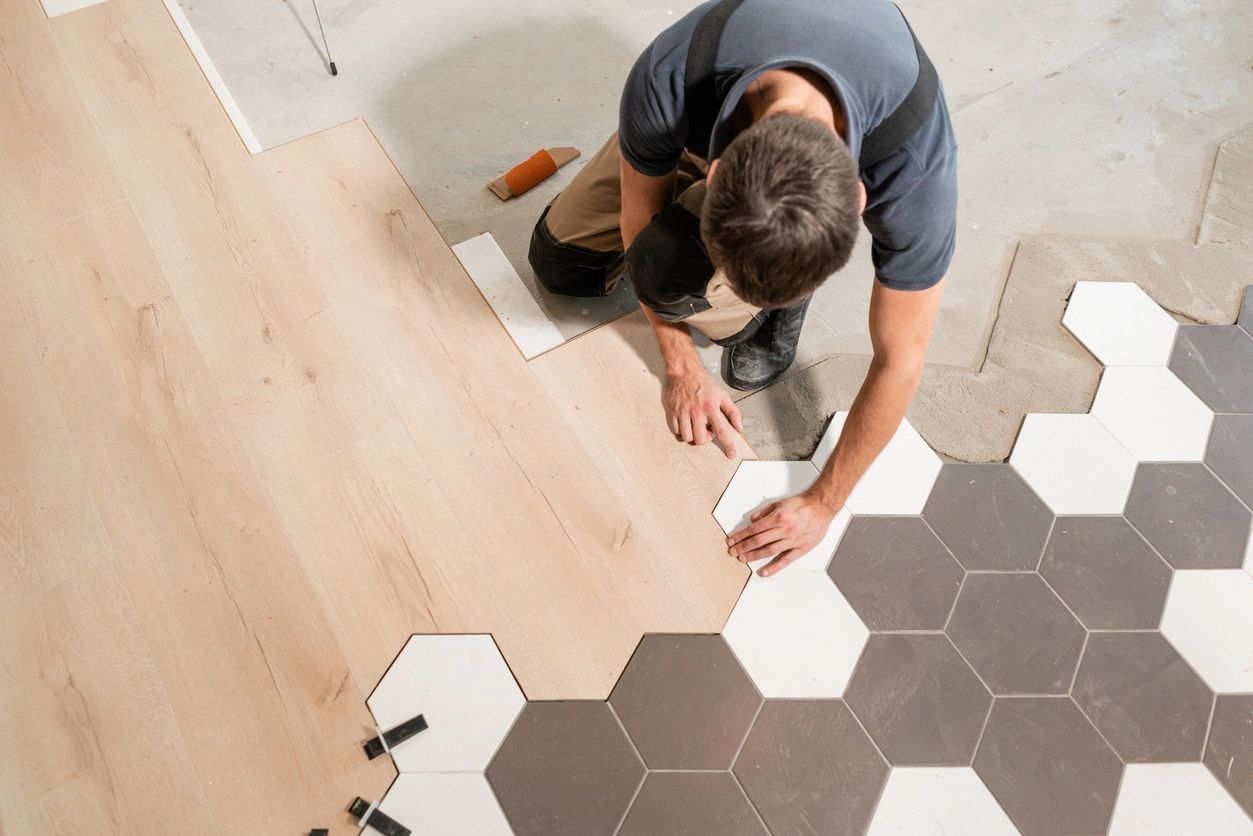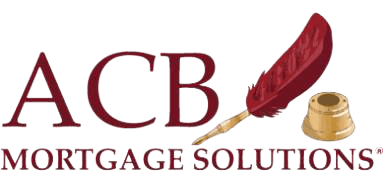Learn More About Refinancing and Its Benefits
In many ways, your house is like a savings account. If you have discipline and knowledge regarding the benefits of refinancing, you can tap into its equity for years to come. There are many reasons you might want to refinance, and most people fit into one (or more) of the basic categories.
Interested in exploring a Refinance?
Lower Interest Rate To Save Money
Interest rates fluctuate. When rates drop, it is a great opportunity to explore refinancing to lower your monthly payments. The best way to determine whether it would be beneficial to do so would be to divide the closing costs by the monthly payment savings (due to the lower interest rate), and the result is the number of months it will take to break even on the refinance. If you plan on keeping the house longer than that breakeven point, then there would be a benefit to refinancing.
Shorter Term and Lower Interest Rate To Save Money
The most effective way to save money on a mortgage is to lower the term and rate. The payments may be significantly higher, although the interest savings over the life of the loan is quite substantial. In addition, a 15-year term typically has a 1/2% lower interest rate than a 30-year term.

Eliminate Mortgage Insurance to Save Money
For conventional loans, mortgage insurance is only required until your home equity percent reaches 20% of your home’s market value. In time, because your monthly mortgage payment includes principal repayment, or because the value of your home has increased, you’re likely to gain that home equity and can refinance to cancel the mortgage insurance.
Exclusive Program – Thought you had to wait until you had 20% equity to eliminate monthly mortgage insurance from your home loan? Not anymore. ACB Mortgage Solutions can help you eliminate MI with as little as 10.01% equity, which can significantly reduce your monthly payment.
Consolidate Debts To Save Money and Cash Flow
Mortgages typically have the lowest interest rates and are tax-deductible. Credit cards and Installment loans typically have higher interest rates and terms that are significantly shorter than mortgages. If you have equity in your house, you can obtain a new mortgage to consolidate debts and save money. By obtaining a lower and tax-deductible interest rate and by extending the term, you save money and cash flow. By extending the term of your mortgage, you still have the option to make larger payments on the mortgage, which pays off the principal quicker.

Convert an FHA loan into a Conventional Loan
If you have an FHA loan, then you are paying for Federal Home Loan Mortgage Protection, or MIP. FHA loans require an upfront payment when originally getting the loan, and then monthly premiums. These FHA mortgage loans are not eligible for automatic mortgage insurance cancellation. To stop paying mortgage insurance premiums you’d need to refinance out of your FHA loan. The good news is that there are no restrictions on refinancing out of FHA and into a conventional loan without mortgage insurance.
Convert an Adjustable Rate to a Fixed Rate
Adjustable-rate loans typically offer a lower interest rate than fixed-rate loans because they shift the interest rate risk from the lender to the borrower. Interest rate risk can be quite substantial and should not be underestimated. In the 1980s, interest rates on mortgages were over 10%, and it was not uncommon to have a 13 or 15% rate. In 1981, the 30 years fixed-rate mortgage rate ranged between 15% and 20%. Basically, when rates are historically low, it is best to lock in a low fixed rate for the term of the loan.
Make Home Renovations to Improve your Home’s Value
A home renovation loan is based on one key factor: after renovation value. Renovation loans use a home’s estimated after renovation value instead of its current home value to calculate how much a homeowner can borrow. This gives the homeowners the credit for the increase in home value from the proposed renovation up front. Home Renovations loans can be used to cover the cost of remodeling a single room, such as a bathroom or kitchen; a couple of rooms; your entire home; complete repairs such as a new roof; to build an extension to your home; or even landscape improvements, including the addition of a pool!

Get Cash Out for Home Improvements
This is a great way to use the equity in your home to increase the value , and you get to enjoy the improvements.
Get Cash Out To Settle a Divorce
Use the equity in your home to settle with your spouse, payoff joint debts, and move forward with your life.
Lower Monthly Payments
Lower monthly payments can be achieved by:
- Obtaining a lower interest rate
- Taking a longer term
- Selecting a interest only feature
- Selecting a negative amortization feature
- PMI removal
- Paying down the balance on an adjustable rate or interest-only mortgage

When Should Your Consider Refinancing?
If you’re looking to lower your current interest rate, consolidate debt or obtain cash from your equity, it may be a good time to refinance.
Refinancing your mortgage could:
- Lower your monthly mortgage payment
- Lower your interest rate
- Eliminate Private Mortgage Insurance
- Lower your loan term to pay off your mortgage faster
- Pay off or consolidate debt
- Turn home equity into cash for home improvements
- Complete larger home renovations or remodels
Refinance Basic Steps:
- Mortgage Pre-Approval
- Mortgage Application
- Appraisal
- Underwriting
- Closing

